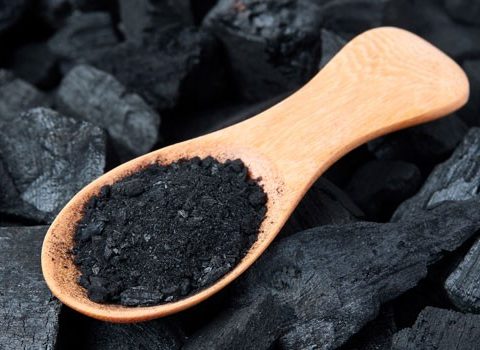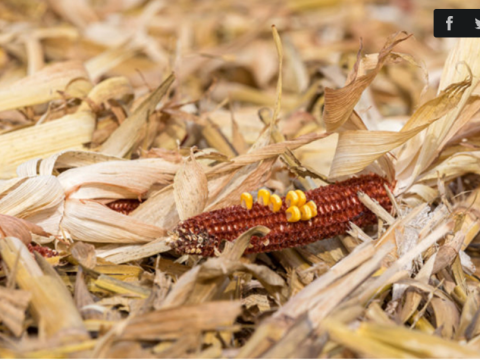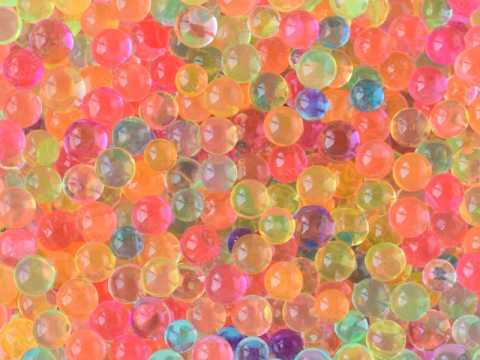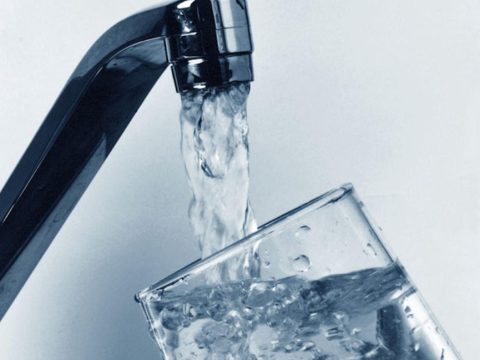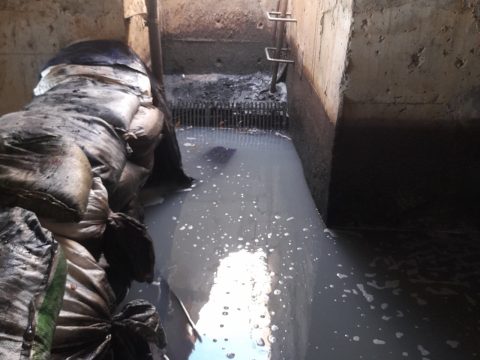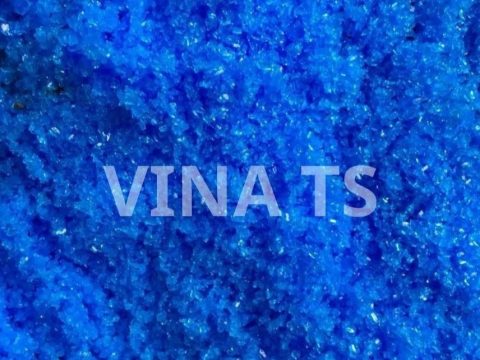What is domestic wastewater?
So what is domestic wastewater? Let’s join Vina TS to understand information related to domestic wastewater through the article below!
What is domestic wastewater?
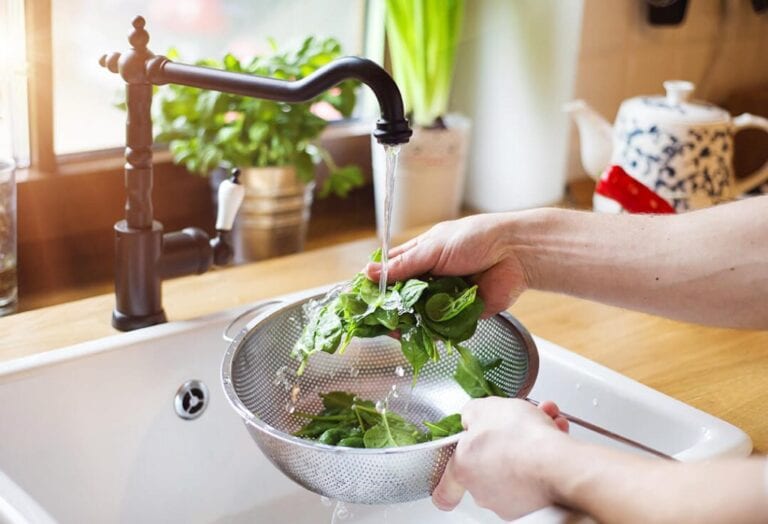
This type of wastewater often has a fairly high concentration of pollutants due to containing many toxic substances such as detergents, pesticides, chemicals, bacteria, grease, phosphorus, BOD5, COD,… In addition, it also contains an extremely dangerous pollutant: pathogens transmitted by viruses, bacteria, helminths, etc.
Classification
Based on the nature, purpose of human use and pollutant composition, domestic wastewater is divided into the following 3 basic types:
- From toilets
- In the kitchen area
- Washing and bathing
- Domestic wastewater from toilets and restrooms
This is the most polluted source of wastewater and it is also the main reason why it is black and has an unpleasant odor. Because the main components of toilet wastewater are feces, urine, suspended dirt, impurities, disease-causing microorganisms, etc., toilets often have a foul odor.
- Wastewater from cooking and cleaning areas in the kitchen
Wastewater in this area will not be too polluted, it is caused by wastewater from food preparation processes, post-washing, dishwashing, cleaning the kitchen area,…
However, this type of wastewater often contains a lot of grease, organic residue, suspended impurities and some chemicals. Therefore, it often causes kitchen drainage pipes to become clogged and smell bad due to grease and scale sticking to the pipe walls.
- Wastewater from bathing and washing areas
Wastewater in the washing area has completely different properties than the two types of wastewater above and is less polluting and harmful. Because the organic matter content in this wastewater is not significant and is mainly substances used for cleaning such as soap, washing powder, shampoo, etc., the treatment method is also much simpler.
Composition
The composition is very diverse but is still mainly water (more than 95%). Besides, the main components of wastewater are also dissolved organic substances (feces, hair, food, sugar, urea, soluble proteins) and inorganic substances (Nitrogen, Phosphorus, ammonia, salt). , H2S).
In addition to the above organic and inorganic substances, domestic wastewater also contains disease-causing microorganisms such as bacteria, viruses, helminths and harmless bacteria.
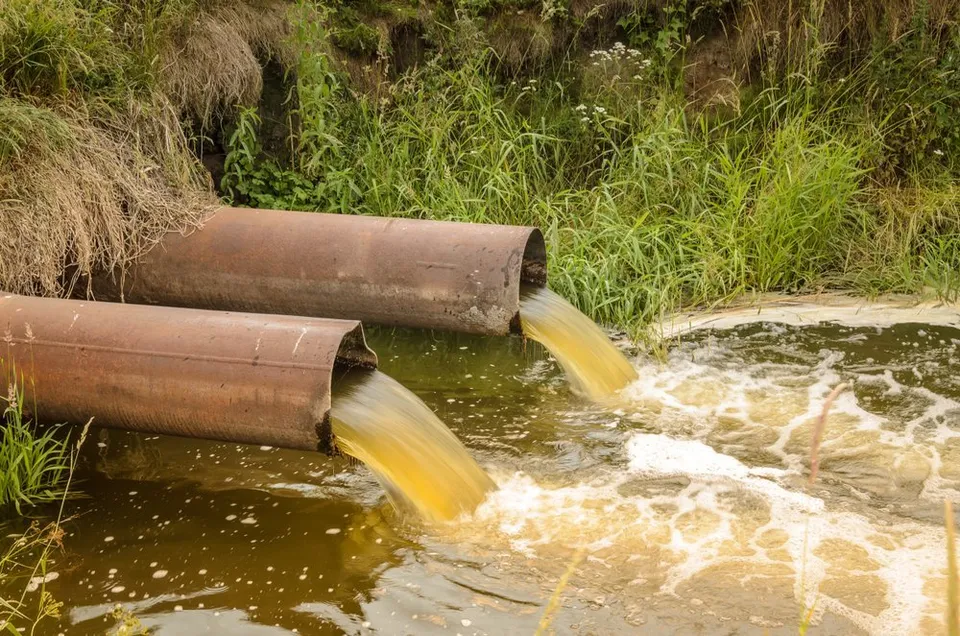
Some methods of treating domestic wastewater
Currently, domestic wastewater is one of the difficult problems causing alarming environmental pollution and there are many solutions. Below are 4 methods that we have compiled:
- Mechanical treatment method
- Physicochemical treatment methods
- Chemical treatment method (using activated carbon)
- Biological treatment methods
That is all the knowledge that we want to share with you. Hopefully, with this knowledge, you will know what domestic wastewater is and help propagate and raise awareness to those around you to protect an increasingly healthier environment.
>> Further reading: Understanding the technical specifications of activated carbon

